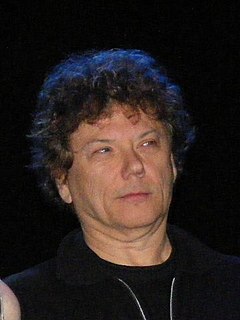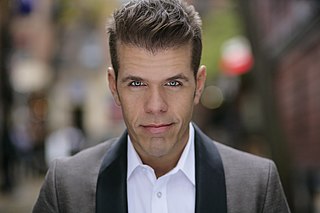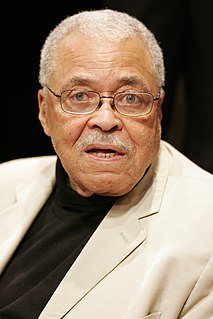A Quote by Lucas Mann
For better or worse, I seem to gravitate toward writing about something or someone else, then have my own self shove its way into that story. It seems insanely narcissistic. But I also think there's a particular effect that comes from using my autobiography in service to another story, as opposed to being the subject. I'm much more comfortable working in that mode. And I do think I have a persona or mood that I keep coming back to: self-conscious, self-critical, unsure. I write a lot about bodies, particularly male ones, usually as a point of emphasis for my insecurities about my own.
Quote Topics
About
Also
Another
Autobiography
Back
Being
Better
Bodies
Comfortable
Coming
Coming Back
Conscious
Critical
Effect
Else
Emphasis
Gravitate
Insecurities
Keep
Lot
Male
Mode
Mood
More
Much
My Own
Narcissistic
Opposed
Own
Particular
Particularly
Persona
Point
Seem
Seems
Self
Self-Conscious
Self-Critical
Service
Shove
Someone
Something
Story
Subject
Then
Think
Toward
Unsure
Using
Way
Working
Worse
Write
Writing
Related Quotes
I think that most of us, anyway, read these stories that we know are not "true" because we're hungry for another kind of truth: the mythic truth about human nature in general, the particular truth about those life-communities that define our own identity, and the most specific truth of all: our own self-story. Fiction, because it is not about someone who lived in the real world, always has the possibility of being about oneself. --From the Introduction
Despite the natural belittling of one's self, the doubts, the insecurities, we have to wake up to the realisation that we all write our own autobiography, we are the authors of our life story. Realising that, write a good story with your life and make sure to write yourself as the protagonist. Be the hero of your journey.
I'd never put much thought into writing an autobiography before, because while I have this public persona of being extremely confident, I also am extremely filled with self-doubt, worry and insecurity. This book came about because I was trying to sell another book, unsuccessfully, about health and wellness.
I want to say that what is cool about writing self-aware first person narrative is that the awareness is not necessarily the same awareness of the reader. I have a story coming out in the Paris Review and it's about a hipster. He think's he's self-aware, he's very introspective and analytical, but when you're reading it you can totally see through his self-analysis because you have a higher awareness than he does. I like playing with that too.
People who take books on sex to bed become frigid. You get self-conscious. You can't think a story. You can't think, "I shall do a story to improve mankind." Well, it's nonsense. All the great stories, all the really worthwhile plays, are emotional experiences. If you have to ask yourself whether or not you love a girl or you love a boy, forget it. You don't. A story is the same way. You either feel a story and need to write it, or you better not write it.
I think that we Americans, in particular, tend to think too directly about problems. If there's a problem we want to basically go in with a screwdriver or else drop bombs on it. A better way to solve problems is to think indirectly and try to change the environment. So I think you can gain much better self-control not so much by working on yourself as by looking at the situations you're in and the people you hang around, and changing your environment.
We live in a very self-absorbed age. I guess it's naturally human to think about my own problems as somehow greater than someone else's. I think when any one of us begins to think that way, it might be well to look beyond ourselves. Who am I to say that I am more handicapped, or suffering more, than someone else?
I'm self-critical but also, I'm not a very modest person. I'm self-critical in the lead-up to showing anyone anything. You know how people say they write, like, 30 songs and then they'll pick the ones they're going to put on the record? I don't ever get to that point because I self-edit so harshly at the beginning. I would never let anyone hear something that I wasn't happy with. But then once I've made it, I'm also not going to turn around and go, "Oh, yeah, I don't know..." If I'm putting it out, anything creative that I do, I think that it's good, otherwise I wouldn't put it out.
DESTINY is a feeling you have that you know something about yourself nobody else does. The picture you have in your own mind of what you're about WILL COME TRUE. It's a kind of a thing you kind of have to keep to your own self, because it's a fragile feeling, and you put it out there, then someone will kill it. It's best to keep that all inside.





































